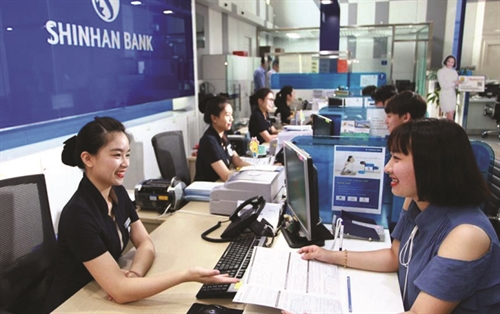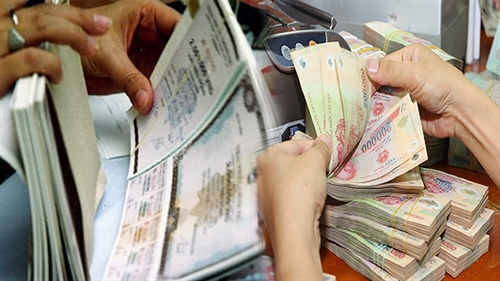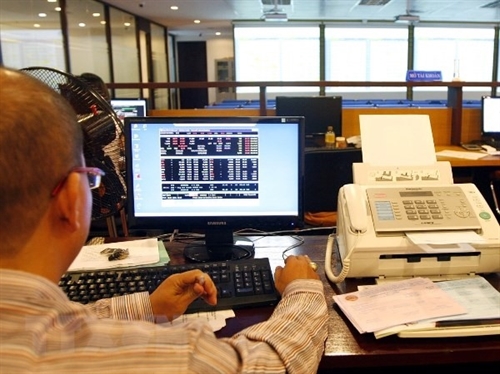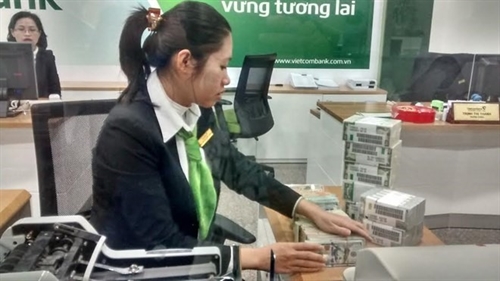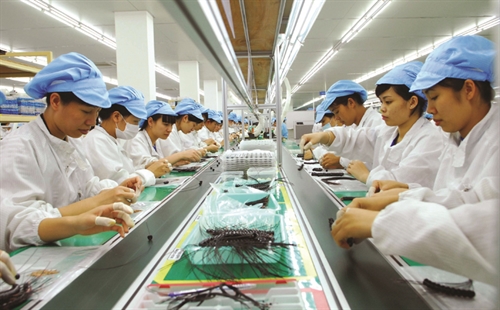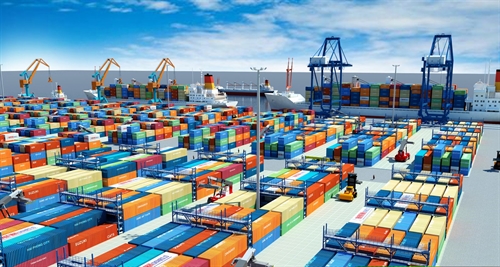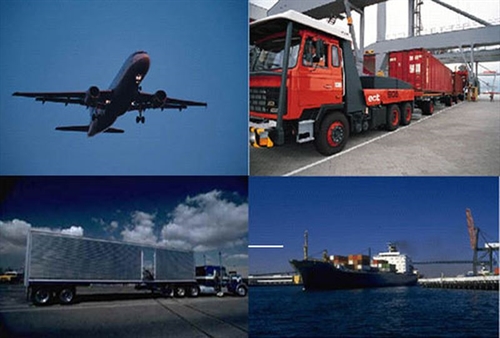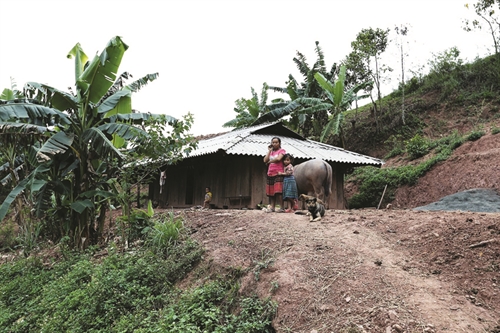The Government required the State Bank of Vietnam (SBV) to report on a project exploring depositing cash into electronic wallets without bank payment accounts. All commercial banks and payment intermediary providers must also apply QR code standards before the third quarter of this year, according to Resolution 02 released on the first day of 2019.
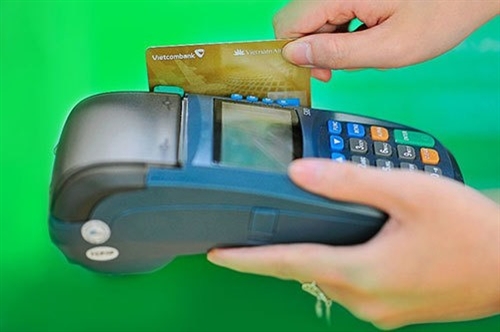 |
| The volume of non-cash payments in Vietnam is rising, but measures are still needed to promote POSs and QR payment__Photo: VNA |
The SBV was also instructed to co-ordinate with the Ministry of Finance to publicize details of the types of transactions subject to bank payment. It must also propose amendments to regulations aimed at encouraging non-cash payments in real estate transactions.
Meanwhile, chairpersons of provincial and municipal People’s Committees must direct all schools, hospitals and suppliers of electricity, water, sanitation, telecommunications and postal services in urban areas to co-ordinate with banks and payment intermediary providers to collect fees using non-cash payment methods, with the priority being mobile and points of sale (POS), before December this year.
The Government also required the Ministry of Finance to review and amend financial regulations under its management before the third quarter of 2019 to create favorable conditions for firms to use non-cash payments.
The SBV’s data showed the country has nearly 18,300 ATMs and more than 289,000 POSs. Up to 76 banks provide Internet Banking services and 44 have mobile payment services. There are 24 electronic wallet providers.
According to the SBV’s Payment Department, non-cash payments are becoming a trend in Vietnam and the use of cash is falling. By the end of the third quarter of 2018, the volume and value of transactions via ATM increased by 12 per cent and 16 per cent respectively against the end of 2017. The rates of payments via POS were also high at 42 per cent and 29 per cent, respectively.
Economist Vu Viet Ngoan suggested the Government create a suitable environment for new products and services that promote the development of contactless payment methods. This could be a foundation for building e-government in Vietnam.
Sharing the same view, Truong Van Phuoc, acting Chairman of the National Financial Supervision Commission, said the rapid development of technologies in the global financial sector has brought benefits and opportunities to consumers, businesses and management agencies. As Vietnam has become more deeply integrated into the world economy, a modern fintech foundation could help the country’s banking and finance sector participate in the global value chain, allowing breakthroughs for Vietnam.- (VNS/VLLF)
